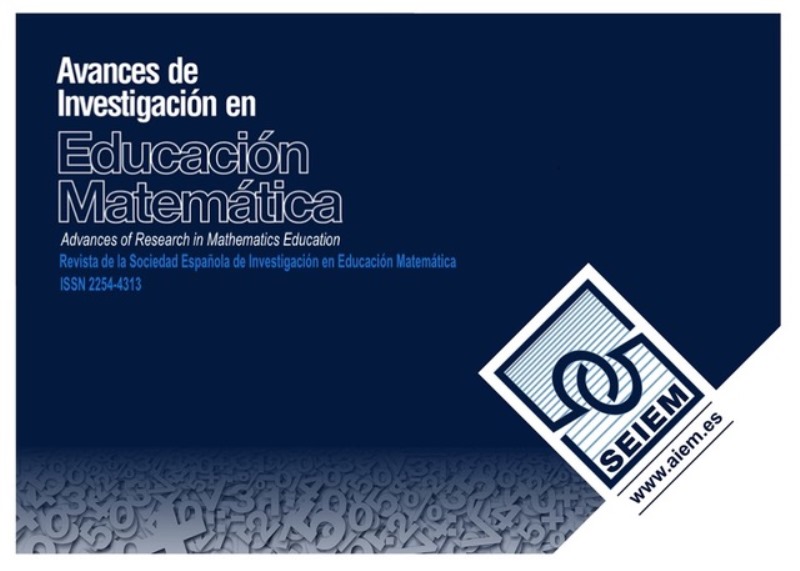Colaboración en matemáticas
Adoptando una perspectiva sociocultural
DOI:
https://doi.org/10.35763/aiem.v0i19.413Palabras clave:
Colaboración, sociocultural, centrado en fortalezas, familia, educación matemáticaResumen
Actualmente, tanto la investigación como la práctica reconocen la importancia de que los estudiantes colaboren para desarrollar una comprensión profunda de las matemáticas. En este artículo nos basamos en una perspectiva sociocultural para mostrar cómo un enfoque situacional centrado en las fortalezas se puede aplicar para resaltar las diferentes formas en las que los estudiantes con orígenes en tradiciones colectivistas participan de manera constructiva en interacciones matemáticas. Como un tema clave de equidad, los estudiantes con orígenes en tradiciones colectivistas deben tener la oportunidad de expandir sus repertorios de práctica para poder adaptarse de manera flexible a cualquier contexto de aprendizaje. Los dos casos presentados, basados en dos contextos geográficos, muestran el papel central del concepto de familia para estos estudiantes -‘familia’ o ‘whānau’- como concepto colectivo de individuos que trabajan juntos no como individuos sino como una unidad.
Descargas
Descargas
Publicado
Cómo citar
Número
Sección
Licencia
Los trabajos se publican bajo una licencia de Creative Commons: Reconocimiento 4.0 España a partir del número 21 (2022).
Los autores que publican en esta revista están de acuerdo con los siguientes términos:
- Los autores conservan los derechos de autor y el reconocimiento de la autoría.
- Los textos publicados en esta revista están sujetos –si no se indica lo contrario– a una licencia de Reconocimiento 4.0 Internacional de Creative Commons. Puede copiarlos, distribuirlos, comunicarlos públicamente, hacer obras derivadas y usos comerciales siempre que reconozca los créditos de las obras (autoría, nombre de la revista, institución editora) de la manera especificada por los autores o por la revista. La licencia completa se puede consultar en http://creativecommons.org/licenses/by/4.0.
- Los autores pueden establecer por separado acuerdos adicionales para la distribución no exclusiva de la versión de la obra publicada en la revista (por ejemplo, situarlo en un repositorio institucional o publicarlo en un libro), con un reconocimiento de su publicación inicial en esta revista.
- Se permite y se anima a los autores a difundir sus trabajos electrónicamente (por ejemplo, en repositorios institucionales o en su propio sitio web) antes y durante el proceso de envío, ya que puede dar lugar a intercambios productivos, así como a una citación más temprana y mayor de los trabajos publicados (Véase The Effect of Open Access) (en inglés).









